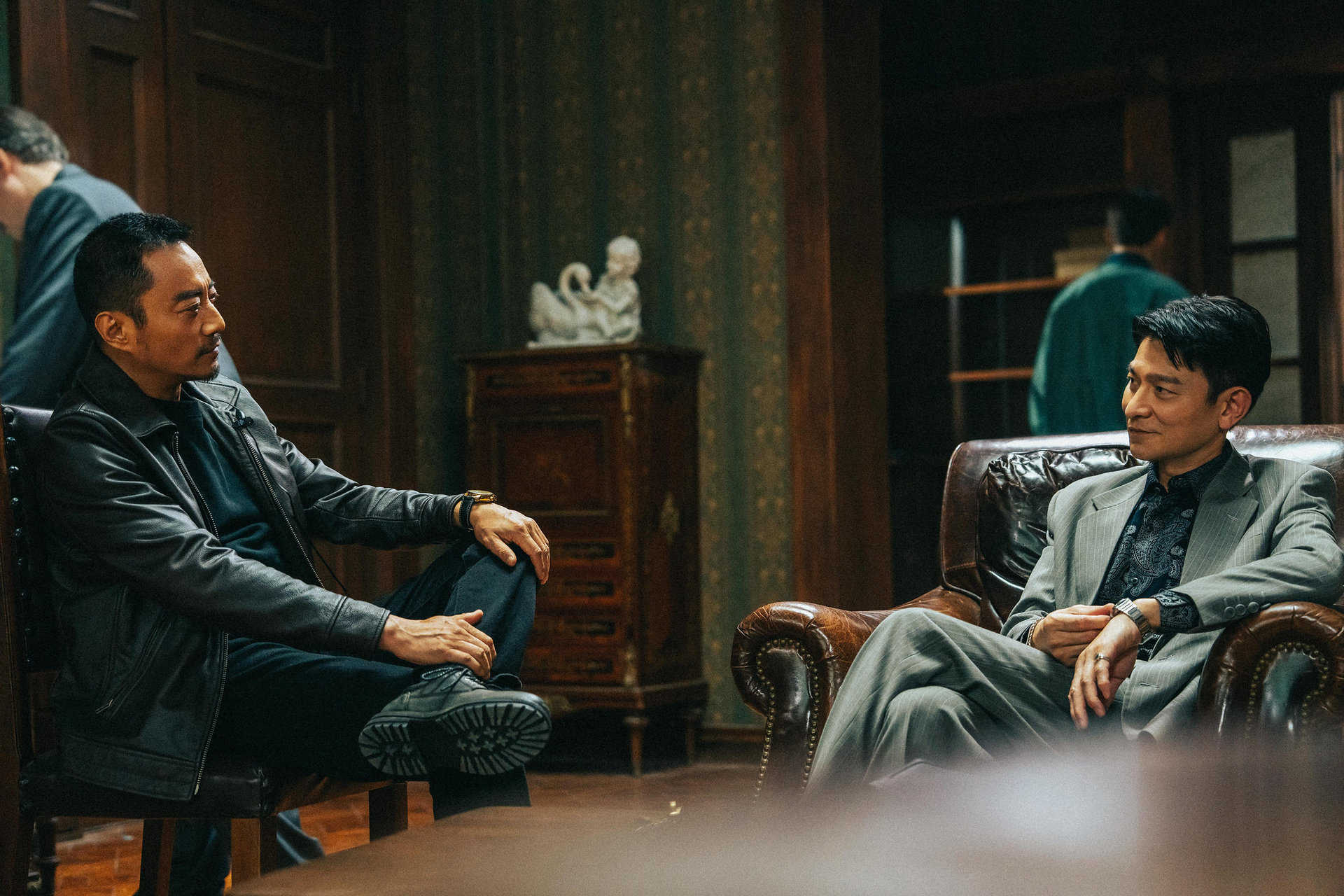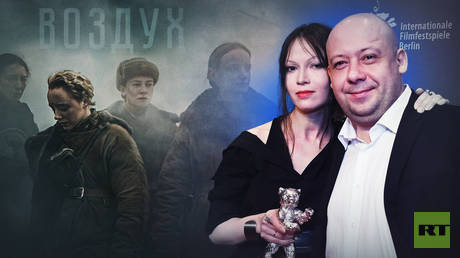



During the Cold War era, Soviet cinema played a significant role in showcasing the ability to create great art under centrally planned communism. Soviet films operated as a form of meta-propaganda, transcending language and cultural barriers to offer a unique perspective on human experiences and societal issues. Despite common misconceptions and criticisms, Soviet cinema re-humanizes the people affected by totalitarianism and recognizes their capacity for laughter and joy. It challenges the whitewashing of the Soviet regime's crimes and romanticizing of the USSR, while also reflecting on the class system present in the USSR and its recreation in Soviet films. Notable films like 'Ivan the Terrible', 'Dersu Uzala', and comedies by Leonid Gaidai are highlighted as examples of the artistry and depth found in Soviet cinema. Through its portrayal of bleakness and hopelessness, Soviet cinema ultimately serves as a reminder of the universal human spirit that seeks beauty, truth, and laughter, offering a glimpse into the resilience of the human spirit. [c7f3ee4f]
Source: Current Affairs
In more recent times, the Russian film industry continues to make waves on the international stage. The film 'Air' by Alexei German Jr. tells the story of female pilots on the Eastern Front of World War II. Despite sanctions and the exclusion of Russian movies from foreign film festivals, 'Air' premiered at the Tokyo International Film Festival and was also shown at the Festival of Young Cinema in Macau [2076a179]. The success of 'Air' highlights the enduring appeal of complex and challenging films, both in Russia and abroad. Elena Okopnaya, the co-creator and production designer of the film, discusses the film's success and the role of women in cinema. She emphasizes the importance of human presence in cinema and the need for a more complex artistic language. Okopnaya believes that art has no boundaries and that cinema can influence society, culture, and change the future by giving thoughts and feelings a direction. Despite the challenges faced by Russian cinema in the international arena, Okopnaya remains optimistic about the future and emphasizes the importance of preserving ties with foreign film critics, directors, and screenwriters. She also discusses the impact of politics on culture and the need for common sense and cooperation in the world of cinema. 'Air' has been well-received by audiences in Japan and China, and there are plans to show the film in other countries as well [2076a179].
Source: Azerbaycan24
The success of 'Air' demonstrates the ability of Russian cinema to conquer world festivals and captivate international audiences. It showcases the power of storytelling and cultural exchange, highlighting the role of female military pilots during World War II. The film's reception in Japan and China signifies the universal appeal of stories that depict the resilience and bravery of women in the face of adversity. Despite the political challenges and sanctions faced by Russian cinema, 'Air' serves as a testament to the enduring impact of art and the ability to transcend boundaries. The film's success also underscores the importance of preserving ties with the international film community and fostering cooperation in the world of cinema [2076a179].
Source: National Review
Michael Lockshin, director of the film 'The Master and Margarita', discusses the challenges of making a movie in Russia. The film is an adaptation of Mikhail Bulgakov's novel and is set in Moscow during the Stalin era. Lockshin talks about the difficulties of obtaining funding for the film and the censorship issues he faced. He also mentions the talented cast and crew involved in the project. The film is scheduled to be released in 2022 [824de27f].
Source: Asian Movie Pulse
Herman Yau presents his fourth film of 2023, 'Moscow Mission', a bombastic take on the true story of a series of violent robberies on the Beijing-Moscow train in 1993. The film follows the Chinese mission to eradicate the robbers and capture them. The screenplay, curated by Chen Daming, incorporates numerous action set pieces. The film is set in a time of economic confusion in China and Russia, with rich Chinese traders rushing to Russia on the Beijing-Moscow train for bargains, attracting robbers and scammers. The captain of the Railway Police, Cui Zhenhai, captures a minor member of the gang and is assigned to an undercover mission in Moscow with a small team. The film is visually stunning, with a variety of spectacular locations and Yau's trademark action scenes. However, the script is confusing and hard to follow, with unfinished subplots and unidimensional characters. Despite this, 'Moscow Mission' is an enjoyable action thriller with breathtaking action scenes [afe20057].